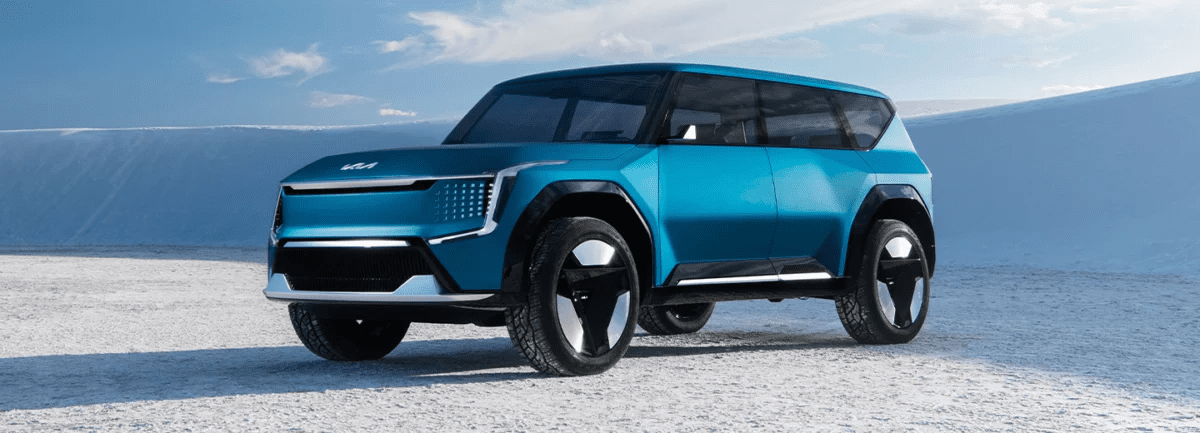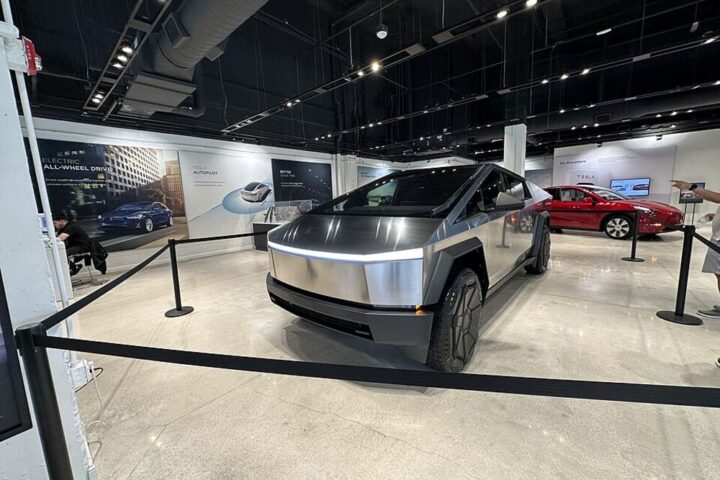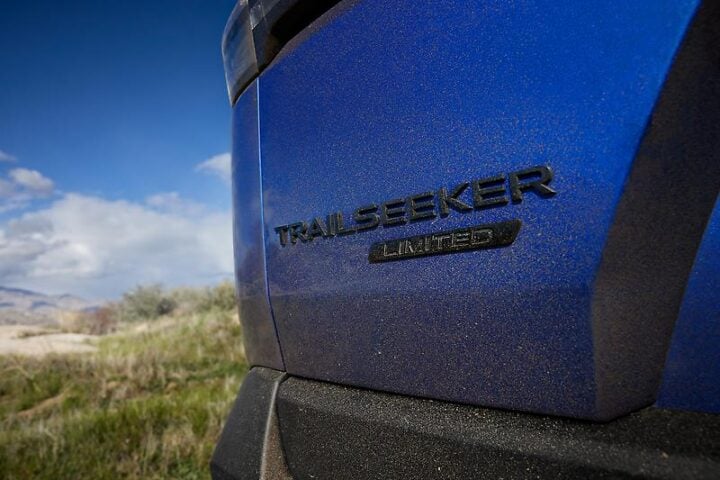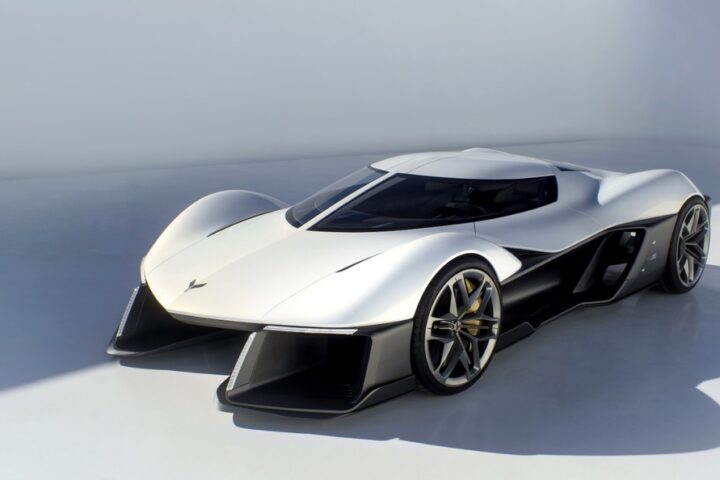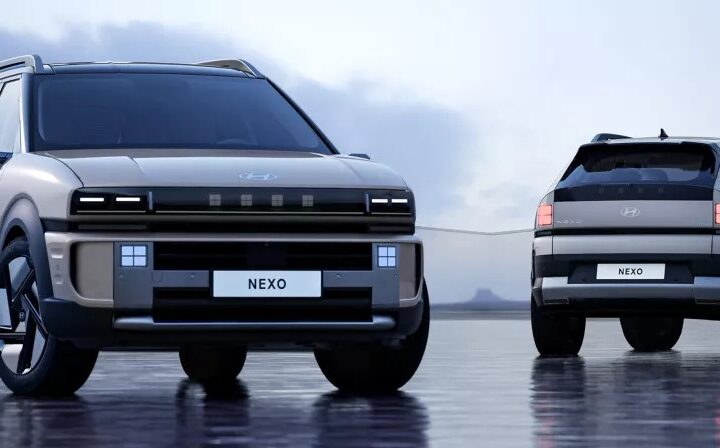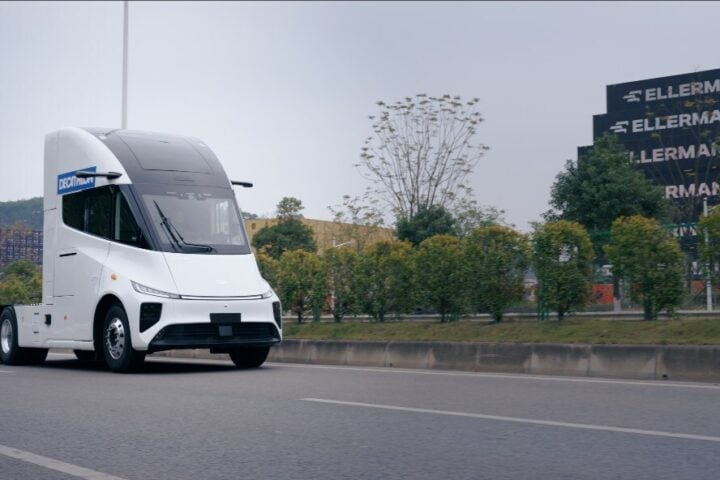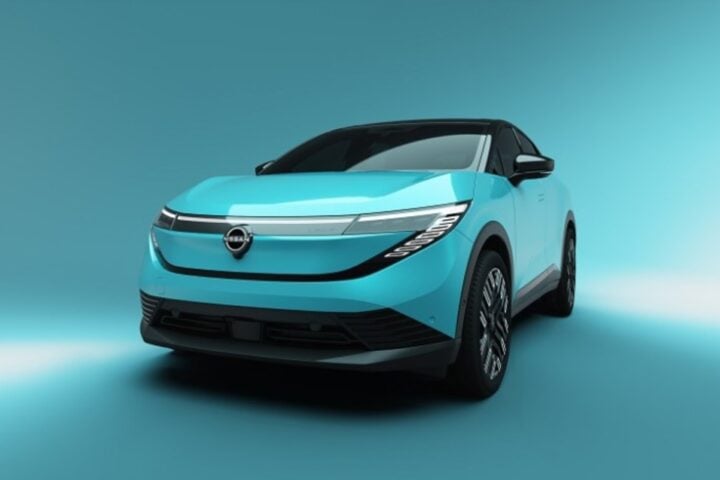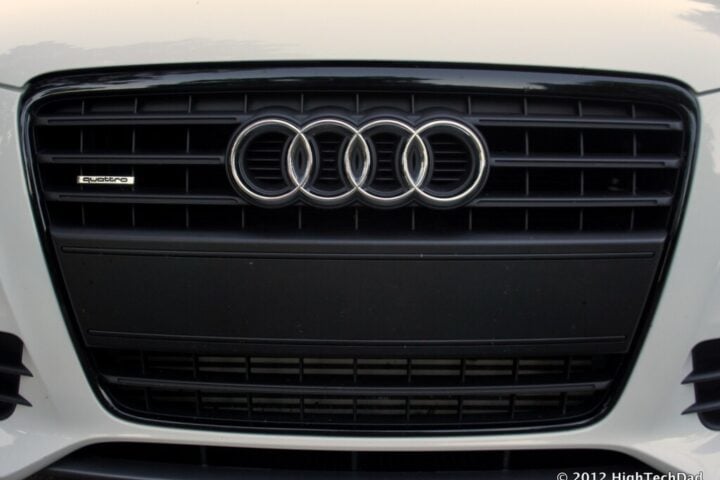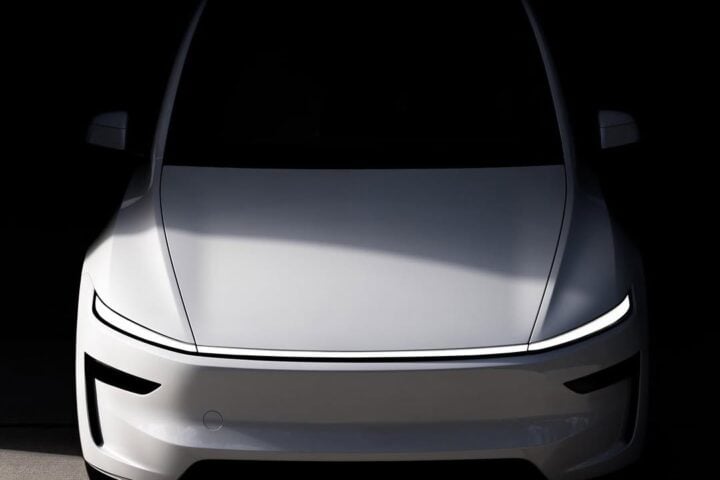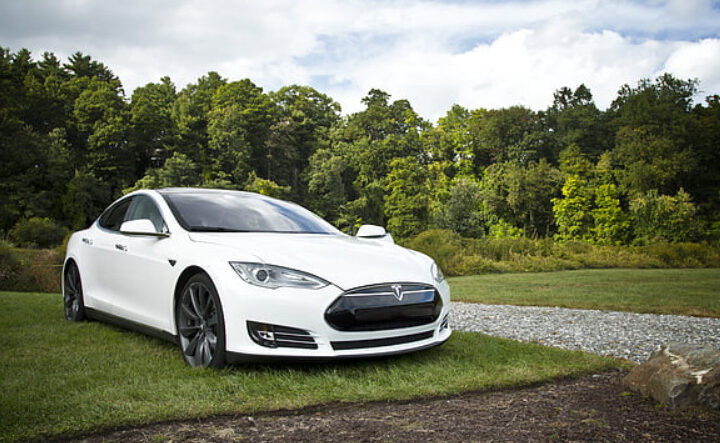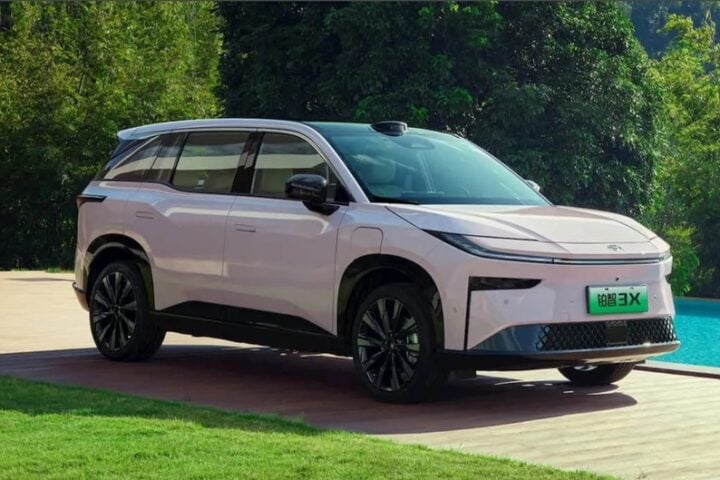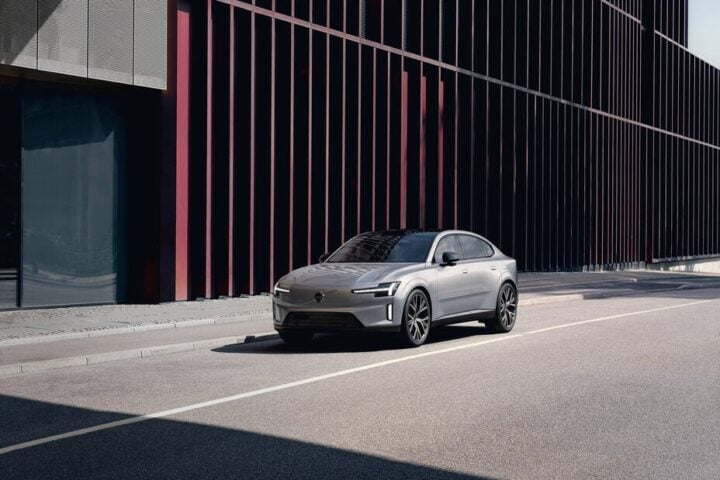Kia has unveiled its first electric SUV, the EV9, which will launch later in 2023. The EV9 features a solar panel to sustainably power the 100-kilowatt-hour battery and delivers a range of around 300 miles on a single charge. The technology used in the car is the same E-GMP as the EV6, which increases the efficiency of electric car batteries.
It is to be noted that the E-GMP platform is specifically designed for EVs & forgoes an engine & driveshaft to give the cabin more floor space. An 800-volt capacity enables the EV9 to reach super-fast charging speeds of up to 35 kilowatts. It is also revealed that the Kia is designed to spearhead the firm’s entry into the Chinese EV market.
The boxy & strong design of the EV9 is inspired by the Concept EV5 & features a third-row capability that can seat seven or eight adults. Although EV adoption in the US lags behind that in Europe & China, that could change as more manufacturers electrify larger vehicles.
The aim of the Kia is to increase the share of eco-friendly cars in its own portfolio to 40% by 2030 with a mixture of sedans, SUVs, & MPVs. Contrasting materials are used in the EV9 & Concept EV5 to bring forth their ‘Bold for Nature’ design philosophy.
A flat floor & a large panoramic display are offered by the EV5 cabin on the dash for occupants to utilize. Swiveling seats are utilized in the EC9, so users can interact or enjoy the scenery when parked or charging up. The Chinese market will be hit by the production version of EV5 later in 2023.
Kia’s commitment to sustainable materials & design is showcased by the EV9 & Concept EV5. The efficiency of electric car batteries is increased by the Kia’s E-GMP platform, enabling super fast charging speeds. A significant step towards electrifying the US’s most popular vehicle type, SUVs, is marked by the EV9 & EV5.
Kia’s goal is to increase the share of eco-friendly cars in its portfolio to 40% by 2030. By the end of the decade, about half of the new vehicles sold in the US will likely be powered by an electric motor & battery, according to McKinsey.
